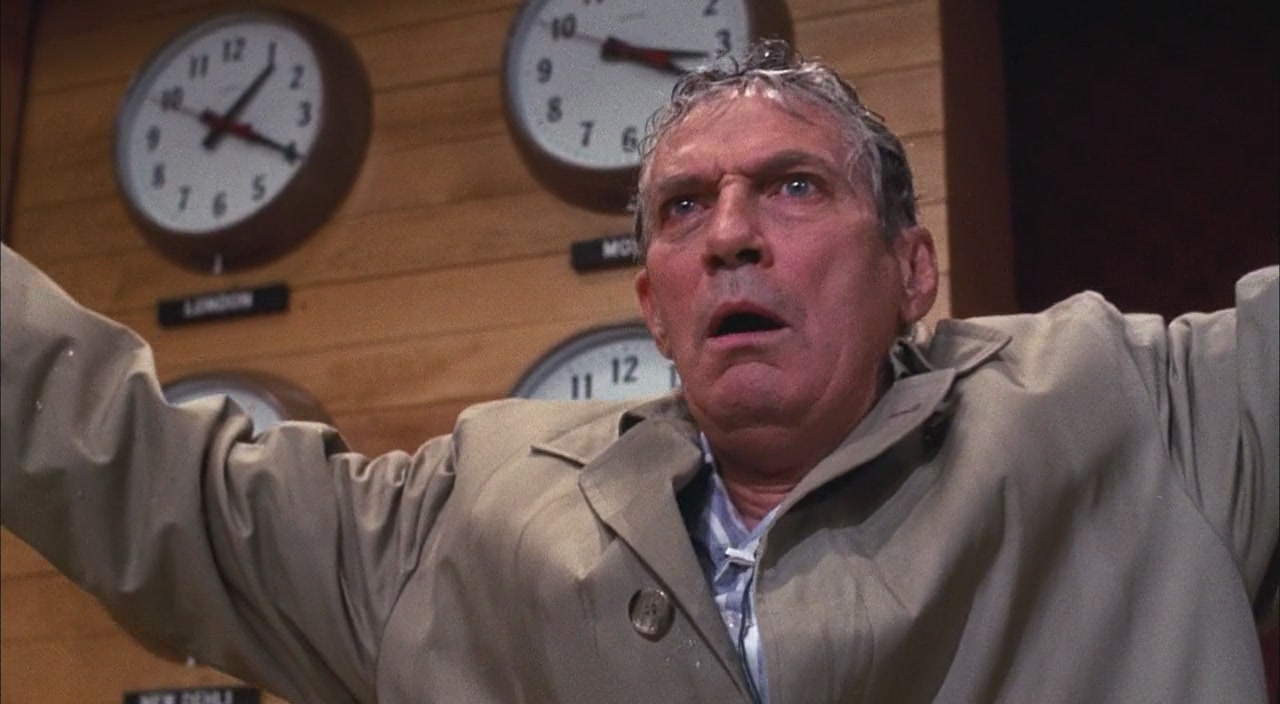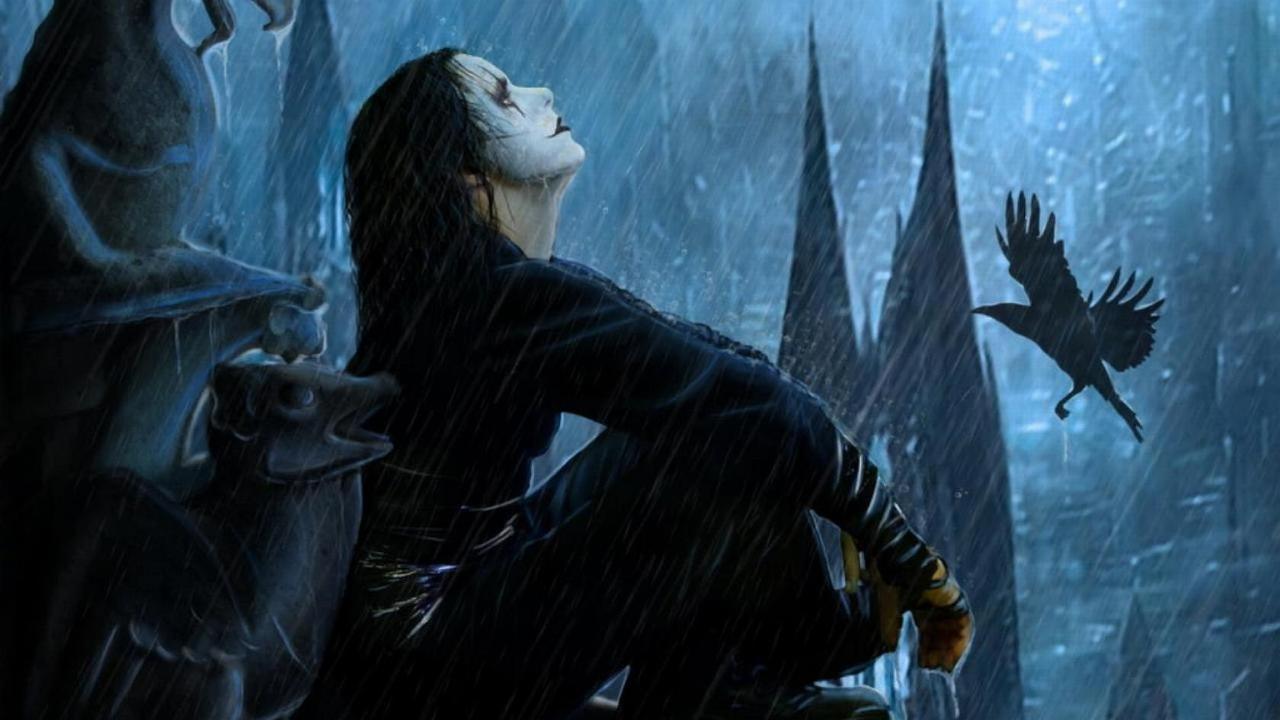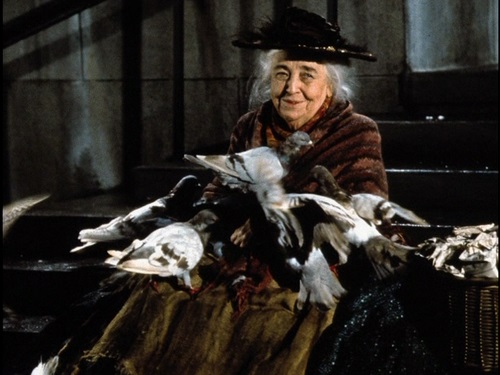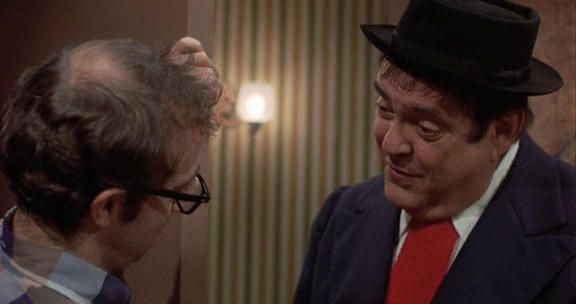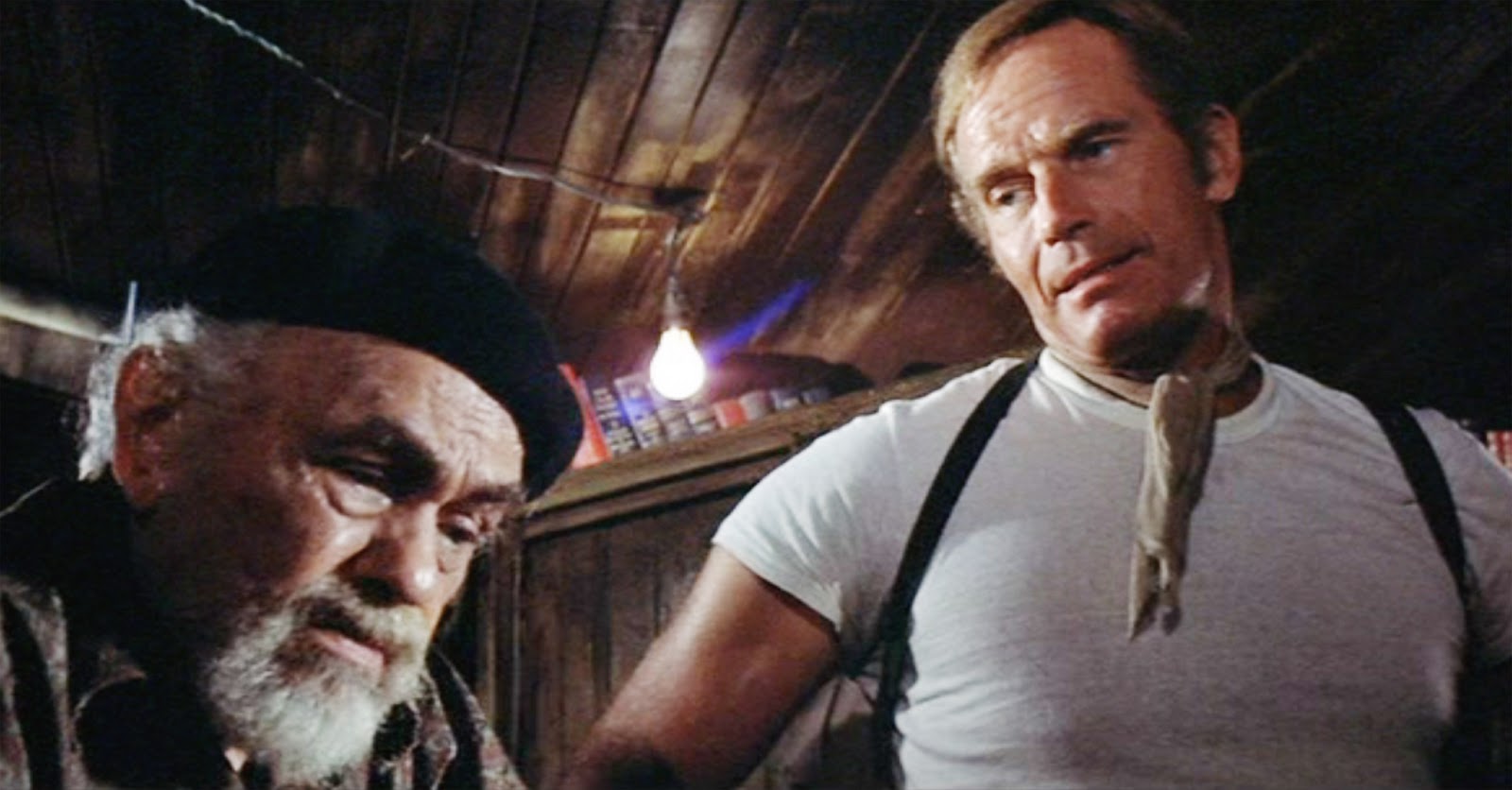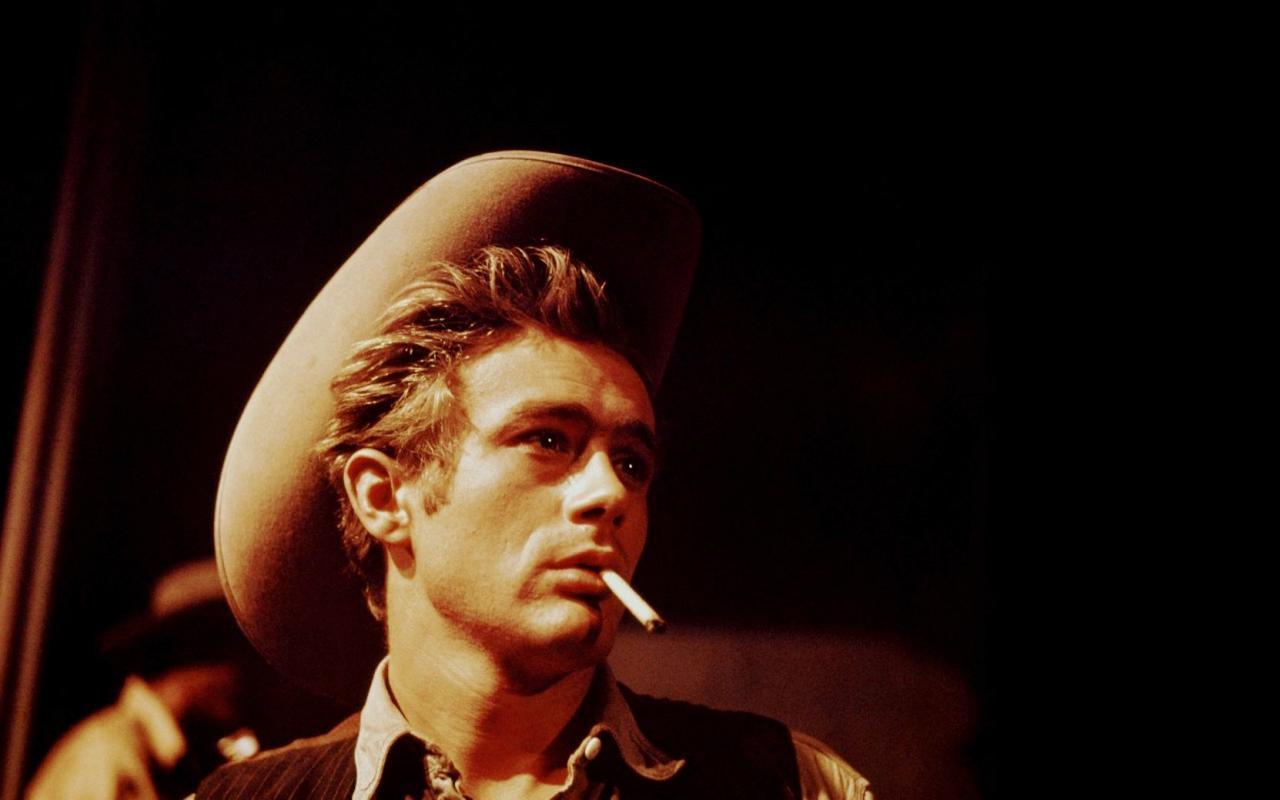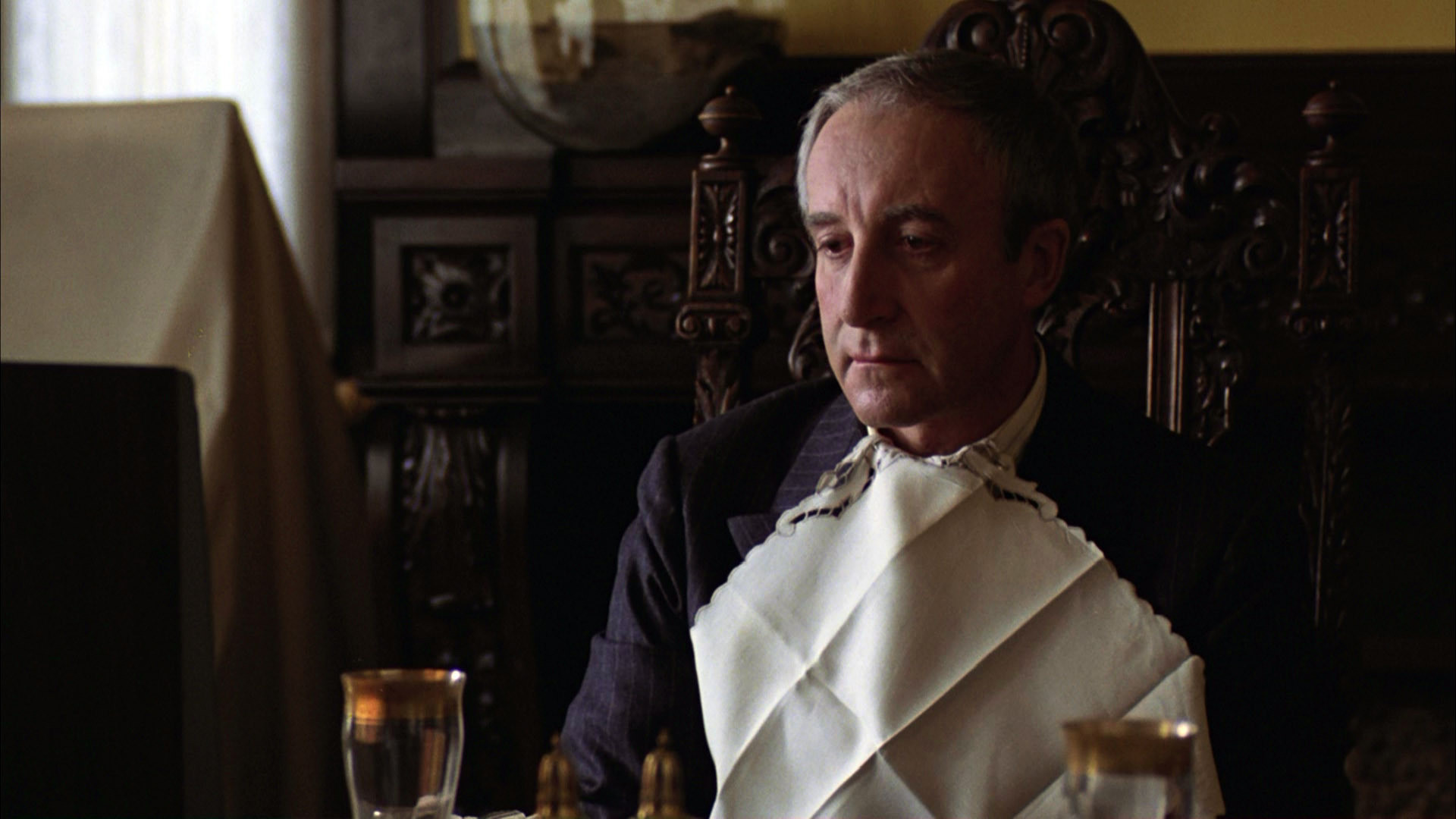They say in the movies you’re only as good as your last performance. While this claim might be a touch unreasonable – disregarding or selling short some excellent breakthrough or mid-career performances – a truly memorable final performance has the undeniable benefit of leaving a lasting impression. Some iconic actors rose to stellar heights in their career, though their final performances couldn’t quite live up to their star-making earlier roles.
These memorable final performances, however, left a legacy that would captivate audiences and influence future generations of actors. In this list, we pay respect to the actors and the memorable swansongs whose sheer power, poetry and emotion will eternally be an enduring gift.
12. Brandon Lee (The Crow)
The son of martial arts great, Bruce Lee, Brandon possessed natural charisma and acting skills that bettered his father, who was known purely for his incredible kung fu ability.
Early in his career, Brandon was mostly typecast as the action man; rarely did films such as Rapid Fire and Showdown in Little Tokyo enable him to deliver much more than fast punches and bone cracking kicks. Still, a glimmer of Brandon’s true ability could be seen through the limits of these martial arts oriented films; his charisma and emotional range shone through.
An eerie, serendipitous feeling shadows Lee’s final performance, and his palpably, visceral connection to Eric Draven, in The Crow; a dark, violent and perpetually rainy Gothic romance directed by Australian, Alex Proyas. The Crow again showcased Brandon’s impressive physicality but this time the role, and his performance, go deeper.
Based on James O’Barr’s personal, tragic graphic novel centred around the death of a musician and his fiancée, the themes of love transcending death — as a celestial crow guides Draven back from the grave to avenge his and his fiancée’s murder at the hands of a deranged gang on “Devil’s Night” — seemed to light a fire within Lee, who was to marry his fiancée, Liza, after filming was complete.
The emotional weight and electrifying power of the story and its tragic origins clearly resonated, and his guttural performance stuns with its violent rage and confusion; beauty, stillness and sorrow. In a reflective, intimate scene, ad-libbed, Lee as Draven laments to officer Albrecht (Ernie Hudson) the loss of those “trivial” moments in his relationship; “nothing’s trivial” he whispers to himself.
Lee’s shock death in the final weeks of filming – a prop gun had failed to be checked for the broken shard of a blank bullet – rocked cast and crew. They committed to finishing The Crow – using digital compositing in brief flashbacks — in Lee’s and his fiancée’s honour.
Some media commentators lazily connect The Crow’s and Lee’s legacy to the tragedy of his death. However, undeniably, the film’s soul resonates from Lee’s memorable and indelible final performance.
11. Jane Darwell (Mary Poppins)
Amid the flashy technicolour and energetic musical numbers in Disney’s classic family film, Mary Poppins (which garnered star, Julie Andrews, an Academy Award) there’s a smaller, poignant scene that truly resonates. As the “tuppence a bag” homeless lady, feeding the birds with the Banks children, Jane Darwell contributes memorable pathos in her final screen performance.
A consummate character actress, with a career spanning over fifty years, Darwell plays the nameless bird lady as a stooped, dishevelled old woman; outwardly scary looking, but possessing a kind, gentle nature. Darwell is so good and so affecting in this small role that the film becomes even more than its central moral parable on fatherhood and raising children; through Darwell’s bird lady, we also learn that just because a person may look downtrodden and unkempt, the beauty in their heart still shines.
10. Zero Mostel (The Front)
The HUAC trials of the 1950s – which led to the blacklisting of thousands in the entertainment industries for ties to communism – was one of the most political outrages in entertainment history. Martin Ritt’s serio-comic, The Front, is an intelligent, witty and emotionally provocative film that deals with this theme. It features comedian Zero Mostel, in a heartbreakingly powerful though often lively final performance, as a comedian tainted by the HUAC trials.
When a dim-witted restaurant worker, Howard Prince (Woody Allen, in fine form) volunteers to put his name to the screenplays of blacklisted writers in television, he doesn’t realise the gravity of the situation. Life for Howard becomes seriously complicated, as he becomes more embroiled in the machinations of the industry, and discovers the debilitating effect of the communist witch hunts, especially on the tainted comedian, Hecky Brown (Mostel).
The Front screenwriter, Walter Bernstein, director Ritt, and stars Hershell Bernard, Joshua Shelly, Lloyd Gough, and Zero Mostel, were all blacklisted in the 50s. Clearly the raw emotion associated with this period was evident; nowhere more so than the tragic pathos inherent in Mostel’s BAFTA nominated performance. He’s the proverbial clown hiding his tears through a mask of comedy, though his entire world crumbles around him.
Several of Mostel’s scenes make him the standout performer in The Front, though it’s his final wordless suicide scene that marks as an unforgettable vale for a truly gifted comedic actor.
9. Edward G. Robinson (Soylent Green)
A legendary actor, Edward G. Robinson featured in over one hundred films. He went out on a wonderful note in his last film before his death, as Sol Roth, a researcher for Detective Thorn (Charlton Heston), who helps him uncover a shocking conspiracy involving the city’s food supply.
An adaptation of Harry Harrison’s seminal sci-fi novel, the film set in a dystopian New York in 2022 is forgettable; an intriguing and prescient concept of overpopulation dulled by a cut-out 70s styled dystopia and stifled by Chuck Heston’s hollow leading man. Robinson, however, gives a graceful, sublime performance.
Roth gives the film much needed humanity. He’s a character full of regret and lamenting the loss of a free society full of music and natural beauty; a society where one could enjoy natural, whole and tasty food, rather than the square, cardboard-like rations of Soylent Blue, Red, Yellow and Green doled out to the hordes of starving citizens. Robinson is heartbreaking; his melancholy rings true though there’s an air of defiance about Roth. Robinson effortlessly balances out the subtle grace notes with this slightly more blustery conviction.
It’s Roth’s final scene, however, which lends Robinson his perfect exit. The scene could have been manipulative, corny and overdone. But Robinson evokes tears instead and the scene is beautifully judged. Given this was the last we would ever see of Robinson, there was no more poignant way to go gracefully into film legend.
8. James Dean (Giant)
James Dean made only three films as a leading man. Giant was his last before he died in a car accident, mere months before the film’s release. His performance earned him his second Academy Award nomination.
This sprawling saga, which clocks in at over three and a half hours, is the story of a wealthy Texas cattle ranch owner, Jordon Benedict (Rock Hudson) who at the beginning of the film travels east to Washington to purchase cattle, and marries the cattle owner’s beautiful daughter (a luminous Elizabeth Taylor). The newlyweds travel back to Benedict’s ranch back in Texas, where the young ranch-hand, Jet (Dean) begins to create waves.
Dean steals the film with his quietly forceful charisma. While Hudson and Taylor are also excellent, the film’s emotional core is Dean. This is essentially his story – a rags-to-riches tale about Jet, who eventually strikes it rich digging oil wells. The rivalry between Benedict and the resentful Jet, who never liked Benedict and whose fortune and business clout now threatens to eclipse his former boss, explodes.
Dean had an extraordinary ability to immerse himself in his characters, and was one of the guards of actors, including Marlon Brando, to revolutionise the “Method” style of acting. Jet’s character arc from mumbling ranch-hand, simmering with contained rebellion, to cocksure oil magnate is compelling. Thanks to Dean’s impressive acting, Jet Rink’s final ignominy at a party in his honour ranks as one of cinema’s saddest character declines.
Dean’s final bow before his untimely death was a bitter blow to audiences, who were denied the opportunity to witness his greatness fully mature and blossom. With Giant, Dean gave us all a treasure of a performance by which to remember him; a final blast of light from an actor who burned brightly for just a short while.
7. Peter Sellers (Being There)
Sellers’ final performance in director Hal Ashby’s black comedy satire on television and politics is memorable, ironically, for its sublime understatement. As Chance, a simple, sheltered gardener, Sellers conveys subtle wit and beautifully child-like perception.
It’s his observant quality that attracts a powerful Washington businessman (Melvyn Douglas, who won a Supporting Actor Oscar) and his wife (Shirley MacLaine). Off the back of this alliance, Chance (who is so soft-spoken his name is mistaken as Chauncey Gardner) unwittingly lands deep inside the corridors of political power.
At first, Being There may strike you as too emotionally distant and cold; its shifts in tone from darkly comedic to more serious are handled with a deft touch; so light that it’s easy to miss how clever the film is. Stick with it though and you’ll be rewarded with a rich character study and stimulating satire on politics, television and power. Anchored by Sellers performance, the film is injected with a charismatically sly sense of absurdity that becomes utterly intoxicating.
Melvyn Douglas won the Oscar, though the film’s ultimate brilliance comes down to Sellers immersion into this extremely insular character. Sadly missing out on the Best Actor Oscar, Sellers performance in Being There is nonetheless his most emotionally rounded and poignant, among a gallery of genius comic roles through his career. Chance is an enigmatic epitaph for Sellers; a performer who only could only ever dare to bare his soul to the world within his superb character creations.
